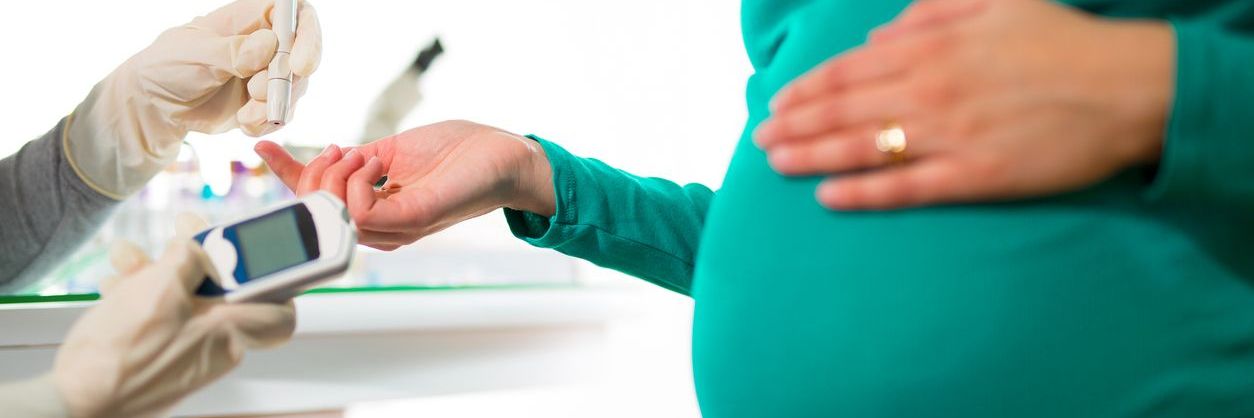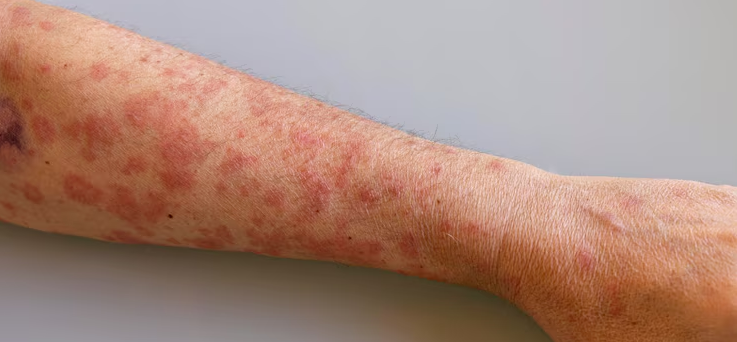The following is a summary of “Study protocol for the ACTIVE SCHOOL study investigating two different strategies of physical activity to improve academic performance in Schoolchildren,” published in the March 2024 issue of Pediatrics by Jeppesen et al.
Recent literature suggests the potential benefits of school-based physical activity (PA) interventions on academic performance, yet the evidence still needs to be conclusive due to the diverse forms of PA interventions employed. The effects on academic outcomes vary from vigorous PA sessions outside academic classes to integrated movement within learning tasks. To address this gap, the ACTIVE SCHOOL study aims to implement and evaluate two PA interventions over one academic year, specifically focusing on math performance as the primary outcome measure.
The ACTIVE SCHOOL project is structured into a Development phase and a Randomized Controlled Trial (RCT). During the Development phase, two interventions were collaboratively developed with input from school staff and subsequently tested in an 8-week feasibility study. Following this initial phase, the RCT will be conducted over one academic year, involving 9-10-year-old children across two intervention rounds during the school years 2023/2024 and 2024/2025. Participating schools will be randomly assigned to one of three arms: the Run, Jump & Fun intervention, featuring 4 sessions of 30 minutes per week of moderate-to-vigorous physical activity; the Move & Learn intervention, emphasizing embodied learning in math and Danish lessons for 4 sessions of 30 minutes per week; or a control condition, representing standard teaching practices.
Outcome measures encompass a comprehensive range of factors, including academic performance, PA levels, cognitive functions, cardiorespiratory fitness, anthropometry, well-being, and school motivation. Data will be collected before, during, and after the intervention to provide a thorough assessment. Additionally, a process evaluation will be conducted to evaluate the fidelity of implementation and identify potential areas for improvement.
The findings from the ACTIVE SCHOOL study have the potential to significantly advance the understanding of the relationship between PA and academic performance, offering valuable insights for both research and educational practices. This study will contribute to the ongoing scientific and educational discourse on the optimal strategies for integrating PA into school settings to support student learning and overall well-being.
Source: bmcpediatr.biomedcentral.com/articles/10.1186/s12887-024-04647-9



















